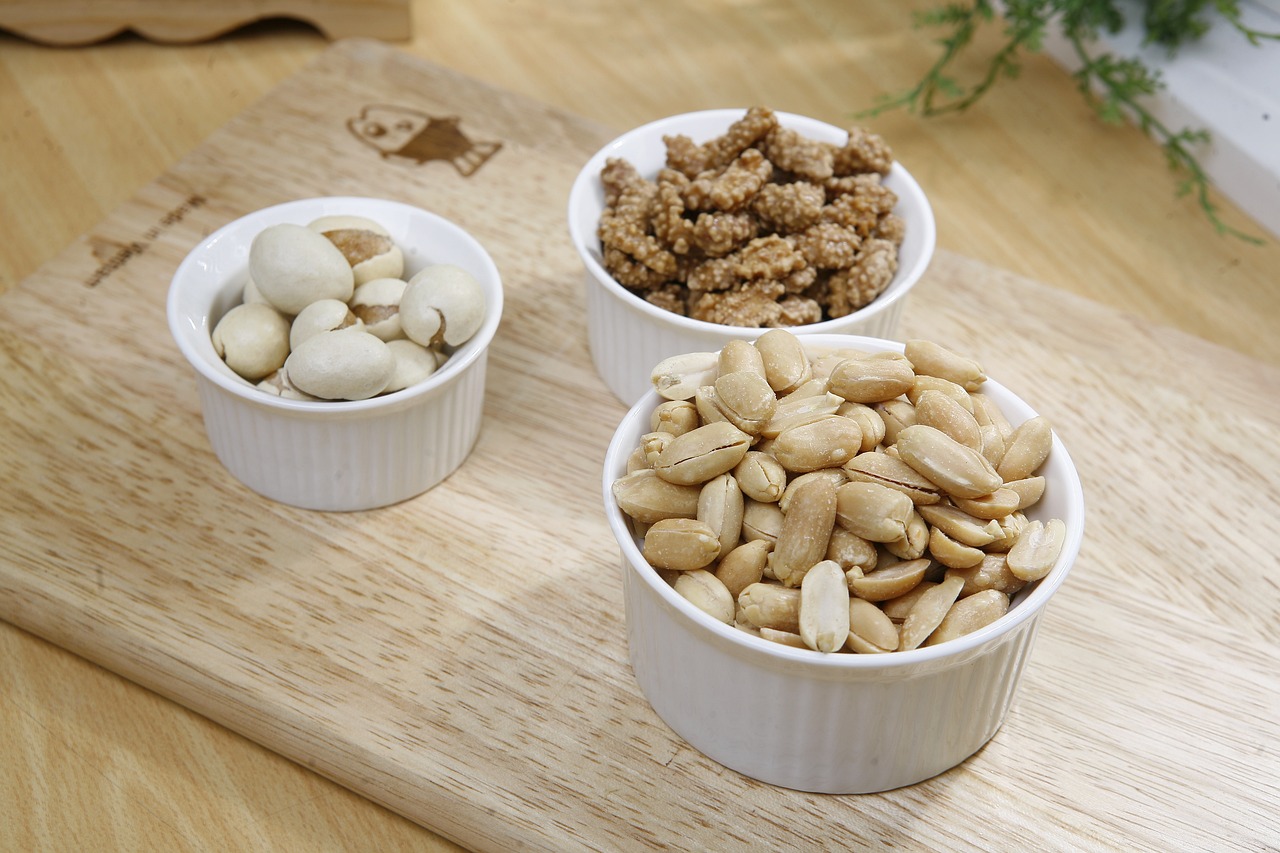To prevent risks and injuries
This digital article based on Swedish conditions is computer translated. Hopefully we can inspire people from other countries.
In nursing homes, care needs are often extensive and varied. In order to meet the needs of the elderly in the best way and offer the highest possible quality of life, multidisciplinary team collaboration is of great importance. This collaboration involves different professional groups and skills working together to create a holistic approach to the care of each elderly person.
 Foto: Mostphotos
Foto: MostphotosPatient safety is very much about preventing risks of nursing injuries in nursing homes. The care staff has an important role here. Risks of falls, pressure ulcers, malnutrition and consequences of poor dental health can be limited.
Assessment instruments and quality records
There are a number of quality registers in various areas of care in Sweden. In elderly care, many use the Senior Alert, BPSD and Palliative register. In Senior Alert, an increased risk of malnutrition, fall risk, pressure injuries and oral health is identified.
Malnutrition is recorded using the assessment instrument MNA, fall risk with Downton, pressure injury risk with Norton and oral health with ROAG. Nicola, which is used for incontinence assessment, is also included. Senior Alert provides good support for following up and developing the risk prevention work.
The palliative register is used in care at the end of life and contributes to improved quality and care at the end of life. Other quality registers are the Swedish Dementia Register and the BPSD register, which support quality development in dementia care.
Another type of quality registration is "Open comparisons". There, the quality is compared between equivalent businesses. In the future, there will be grading of the majority of the care that is offered, where we as care consumers can take part in how our care providers stand in comparison with others. It doesn't hurt to compare yourself to others to see what you can learn and improve in your own business.
Other risks that can occur in, for example, dementia care are the risk of threats and violence or that the individual wanders out of the unit and cannot find his way back. Likewise, the business must carry out risk assessments from a work environment perspective, for example heavy lifting, tight spaces, but also the risk of getting a "thief's pinch" from a confused elderly person.
Already upon moving in, a risk assessment is carried out to avoid pressure sores, falls and malnutrition. As soon as possible, an oral health and incontinence assessment is carried out.
All care operations with health care responsibility are obliged to have patient injury insurance. If care injuries occur that could have been avoided, the resident may be entitled to compensation.
In elderly care, one can imagine serious side effects of drugs that go unnoticed, fall injuries that could have been avoided or injuries caused by misused medical equipment.
Team collaboration
Collaboration in teams leads to improved care for the elderly with preventive measures. By working together, the members of the team can counteract and prevent physical and mental deterioration. The work in the team must consist of an open and permissive climate with common goal formulations. By working interprofessionally based on the various quality registers, it is possible to reduce the risk of fall injuries, pressure ulcers and malnutrition. Registration should take place at least every six months. Working with Norton, Downton, MNA and Roaig is evidence-based care and an obligation for licensed aged care staff.
Areas of expertise at the nursing home
The resident and his relatives We are all the main experts in our own lives. Participating residents and relatives have a major impact on the quality of care.
Care staff It is the care staff who see the residents the most. Through teamwork, the knowledge of what is observed, noted and reported on to the other professions is developed. Likewise, the team can develop end-of-life care and find workable approaches to residents with BPSD symptoms. The work in the team becomes a learning process and contributes to quality development. The care staff have a central role in the preventive work.
Nurses Responsible for medication, wound treatment and monitoring of the elderly's physical health. They also have expertise in, for example, healthcare hygiene and monitor the risk of malnutrition.
Doctor Makes a medical assessment, investigates and diagnoses illness and prescribes medicine.
Occupational therapists Help restore or improve the elderly person's ability to perform daily activities. They can also supervise the work so that transfers can take place in a safe manner and prescribe aids for the resident.
Physiotherapists Focuses on physical rehabilitation and exercise programs. Has an important role in fall injury prevention work and also when it comes to rehabilitation after, for example, fractures.
Skills the team can consult
Dietitians Experts in diet and nutrition. Can be consulted, for example, in the event of malnutrition or the need for a special diet.
Speech therapists Can assist when residents have swallowing difficulties, but also when it comes to difficulties with language and speech.
Dental hygienist and dentist Oral health is essential for the well-being of the elderly. Deficiencies in oral health often contribute to other health problems.
Socionomist Helps deal with social and emotional issues. Broadly speaking, it is about identifying and assisting in fixing social problems that the elderly may suffer from.
Specialist skills Many residents also have contacts with specialist doctors based on various diseases. Psychologists can also be involved in care.
Deacons and priests Can provide support regarding faith, grief processing and questions related to the meaning of life.
Benefits of multidisciplinary team collaboration
Holistic view By gathering different perspectives and experts, you can create a complete picture of the elderly's needs and design a care plan that is adapted to these needs.
Efficiency Teamwork minimizes duplication and errors, which increases the efficiency of care.
Continuity By working in teams, the care staff can ensure that the elderly person's care is consistent and coordinated.
Quality Cooperation between professional groups increases the quality of care and the possibility of following evidence-based guidelines.
Adaptability Care plans can be adapted quickly when needs change.
Multidisciplinary team cooperation in the nursing home is a key factor in ensuring high-quality care and care. By gathering different skills and perspectives, you can better meet the unique needs of the elderly and increase their quality of life. It is a valuable tool for creating a safe and dignified old age.
Reflection - to prevent risks and injuries
Care staff:
• What can you and your colleagues do to strengthen cooperation with the certified colleagues?
• Does your nursing home work with risk prevention work as described above?
• Do you know that the business has patient insurance?
Manager, nurse, occupational therapist and physiotherapist:
• Do you have a functioning structure for your collaboration meetings in the team?
• How do you ensure that essential information from teamwork reaches the doctor?
• Do you have any information material about health care injuries and patient insurance?
Resident and next of kin:
• Have you been involved in any risk prevention work?
• Did you know that there is patient insurance?
• Have you suffered from medical injuries that could qualify for compensation?
Erland Olsson
Head nurse
Sofrosyne
Quality in elderly care

Aktuellt i media
-
2025-04-14 04:00
08 Förebyggande o lokaler
The art of furnishing a nursing home, a balancing act between homeliness, functionality, and hygiene aspects.
info -
2025-04-10 04:00
04 Bemötande
Waking up in a nursing home - is the morning routine adapted to each individual's needs?
info Bild: Pixabay
Bild: Pixabay -
2025-04-07 04:00
09 Mat och måltid
For the elderly, it is often important to eat many snacks in order to get enough nutrition.
info Bild: Pixabay
Bild: Pixabay -
2025-04-03 04:00
04 Bemötande
What creates safety in elderly care homes - advice and tips on creating a secure environment for the residents
info -
2025-04-01 00:00
10 Aktivitet o funktionsbevarande arbetssätt
Reminiscing, working with memories, is an activity that creates a lot of added value for people with dementia.
info - 2025-03-31 04:00 05 Planering

